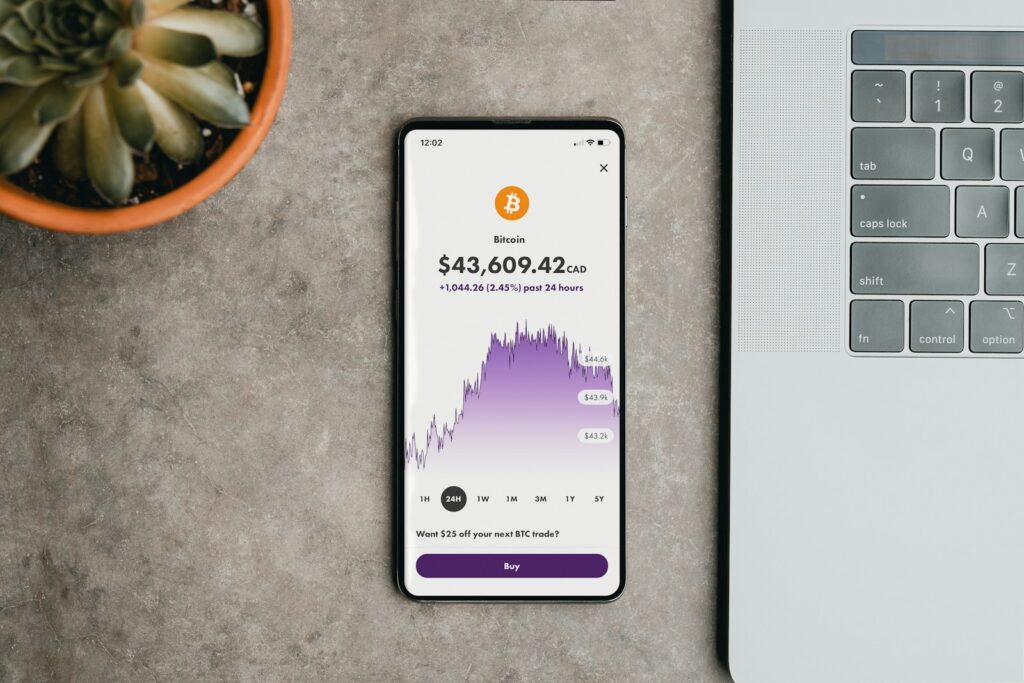
Table of Contents
ToggleWhy Should Teens Start Investing Early?
Time is your greatest ally when it comes to investing. Here are some compelling reasons to start early:
- Compound Interest Works Wonders
Compound interest allows your money to grow exponentially over time. For example, if you invest $100 today with a 10% annual return, it will grow to $259 after 10 years, without adding any more money. The earlier you start, the more time your investments have to grow. - Building Good Financial Habits
Starting young helps you learn how to save, budget, and manage money effectively—skills that will benefit you for life. - Achieving Long-Term Goals
Investing isn’t just about money; it’s about reaching goals like buying a car, funding higher education, or starting your own business.
Understanding the Basics of Investing
Before diving in, it’s essential to understand some key investment concepts:
- What is Investing?
Investing is putting your money into assets, such as stocks, bonds, or mutual funds, with the expectation that they will grow in Risk vs. Reward
All investments carry some level of risk. Higher-risk investments, like stocks, have the potential for greatervalue over time. - returns but can also lead to losses. Lower-risk options, like bonds, offer steady but smaller returns.
- Diversification
This means spreading your investments across different assets to reduce risk. Think of it as not putting all your eggs in one basket.
Investment Options for Teens
Here are some beginner-friendly investment options for teenagers:
- Savings Accounts
A savings account is a great starting point. While it offers low returns, it’s safe and accessible, making it perfect for short-term goals. - Robo-Advisors
Platforms like Acorns or Stash are designed for beginners, helping you invest small amounts of money in diversified portfolios automatically. - Index Funds and ETFs
Index funds and exchange-traded funds (ETFs) are low-cost options that track the performance of a market index, such as the S&P 500. They’re ideal for beginners due to their simplicity and broad diversification. - Stocks
Buying individual stocks allows you to invest directly in companies you believe in. As a beginner, stick to companies you know and understand. - Cryptocurrency
While riskier, cryptocurrency has become popular among young investors. If you’re interested, start small and educate yourself on the risks. - Custodial Accounts
Since most teens can’t open brokerage accounts on their own, a parent or guardian can help you set up a custodial account. Once you turn 18 or 21 (depending on where you live), the account becomes yours.
How to Start Investing as a Teenager
Follow these steps to start your investing journey:
- Set Clear Goals
Why are you investing? Is it to save for university, a car, or long-term wealth? Having clear goals will guide your choices. - Create a Budget
Start by managing your money wisely. Use the 50/30/20 rule:- 50% for needs (like school supplies).
- 30% for wants (like hobbies).
- 20% for savings and investments.
- Start Small
You don’t need a lot of money to start. Many platforms allow you to invest with as little as $5 or $10. - Learn the Basics
Read books, watch videos, or take online courses about investing. Websites like Investopedia or YouTube channels like Graham Stephan’s are great resources. - Choose the Right Platform
Research apps and platforms that cater to young investors. Look for low fees, user-friendly interfaces, and educational resources.
Tips for Successful Investing
- Think Long-Term
Investing is a marathon, not a sprint. Focus on your goals and resist the urge to panic-sell when markets dip. - Be Consistent
Invest regularly, even if it’s a small amount. Over time, consistency will yield significant results. - Avoid Emotional Decisions
It’s tempting to chase trends or sell when the market is down, but emotional decisions often lead to mistakes. - Keep Learning
The investment world is constantly evolving. Stay informed by reading articles, listening to podcasts, and following financial news. - Seek Guidance
Don’t hesitate to ask for help. Talk to your parents, teachers, or financial advisors to ensure you’re on the right track.
Common Myths About Investing
- “I’m too young to invest.”
False! Investing as a teen gives you a massive head start compared to waiting until your 20s or 30s. - “I need a lot of money to start.”
Not true. Many platforms let you invest with just a few pounds or dollars. - “Investing is too complicated.”
It might seem daunting at first, but beginner-friendly tools and resources make it accessible for everyone.
Apps and Resources for Teen Investors
Here are some apps and tools that make investing easier for teenagers:
- Acorns: Automatically invests your spare change.
- Robinhood: A simple platform for buying and selling stocks.
- Greenlight: A debit card for kids with investing features.
- Yahoo Finance: For tracking stock performance and financial news.
Mistakes to Avoid
- Investing Money You Can’t Afford to Lose
Never invest money you need for immediate expenses or emergencies. - Following the Crowd
Just because everyone else is investing in something doesn’t mean it’s the right choice for you. - Ignoring Fees
Small fees can eat into your returns over time. Choose platforms with low fees.
The Power of Starting Young
Imagine you start investing $50 per month at 15 and earn an average annual return of 8%. By the time you’re 30, you’ll have over $15,000, even if you stop adding money. If you continue until you’re 60, your investment could grow to over $230,000!
Final Thoughts
Investing as a teenager isn’t just about making money—it’s about setting yourself up for a secure financial future. By starting early, you’re taking control of your financial destiny and giving yourself the tools to achieve your dreams.
Remember, the key is to start small, stay consistent, and never stop learning. The journey to building wealth begins with your first step. Why not take it today?






Just like climbing a mountain, achieving financial freedom starts with a decision—a commitment to reaching your goal, whether it’s complete financial independence or simply building a solid financial foundation. Without proper planning, reaching the summit can be overwhelming, if not impossible.
At https://financeapt.com/, we believe in the importance of structured financial planning, both in personal wealth-building and business growth. Whether you’re managing a company or planning your financial future, having a clear vision, a realistic starting point, and a strategic roadmap is crucial.
Much like how mountaineers rely on their map and GPS, financial success requires goal-setting, proper preparation, and the right guidance. Understanding your income, expenses, and investment opportunities allows you to navigate challenges along the way.